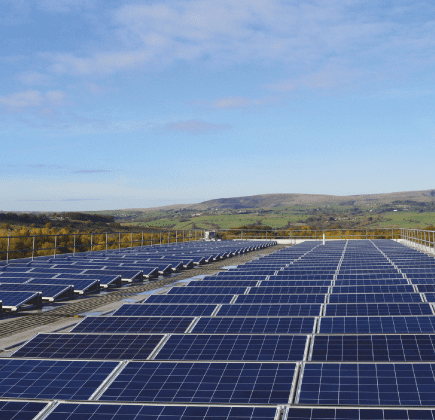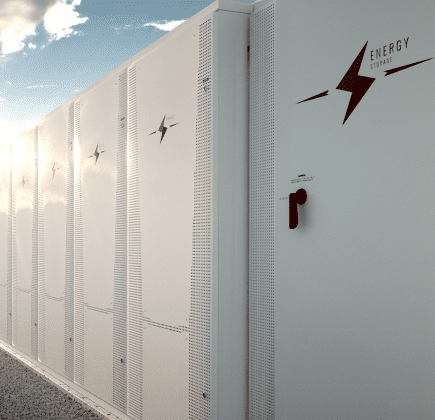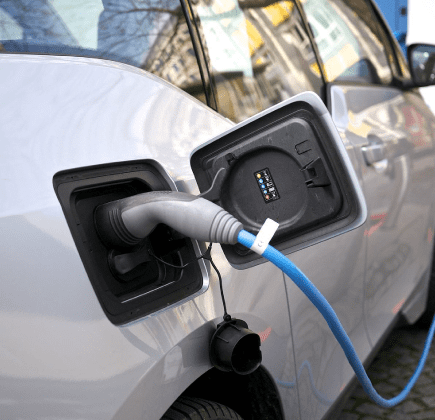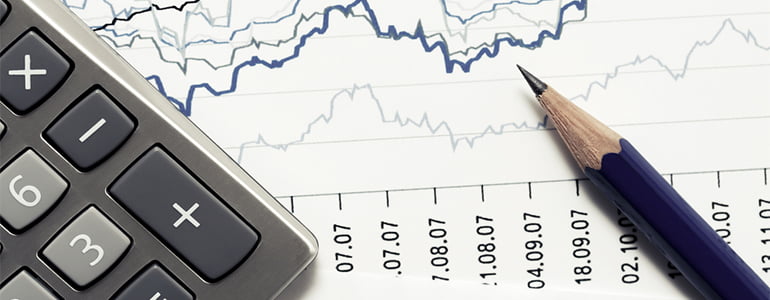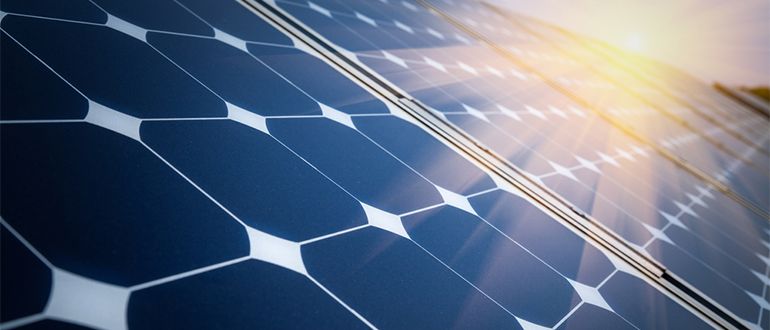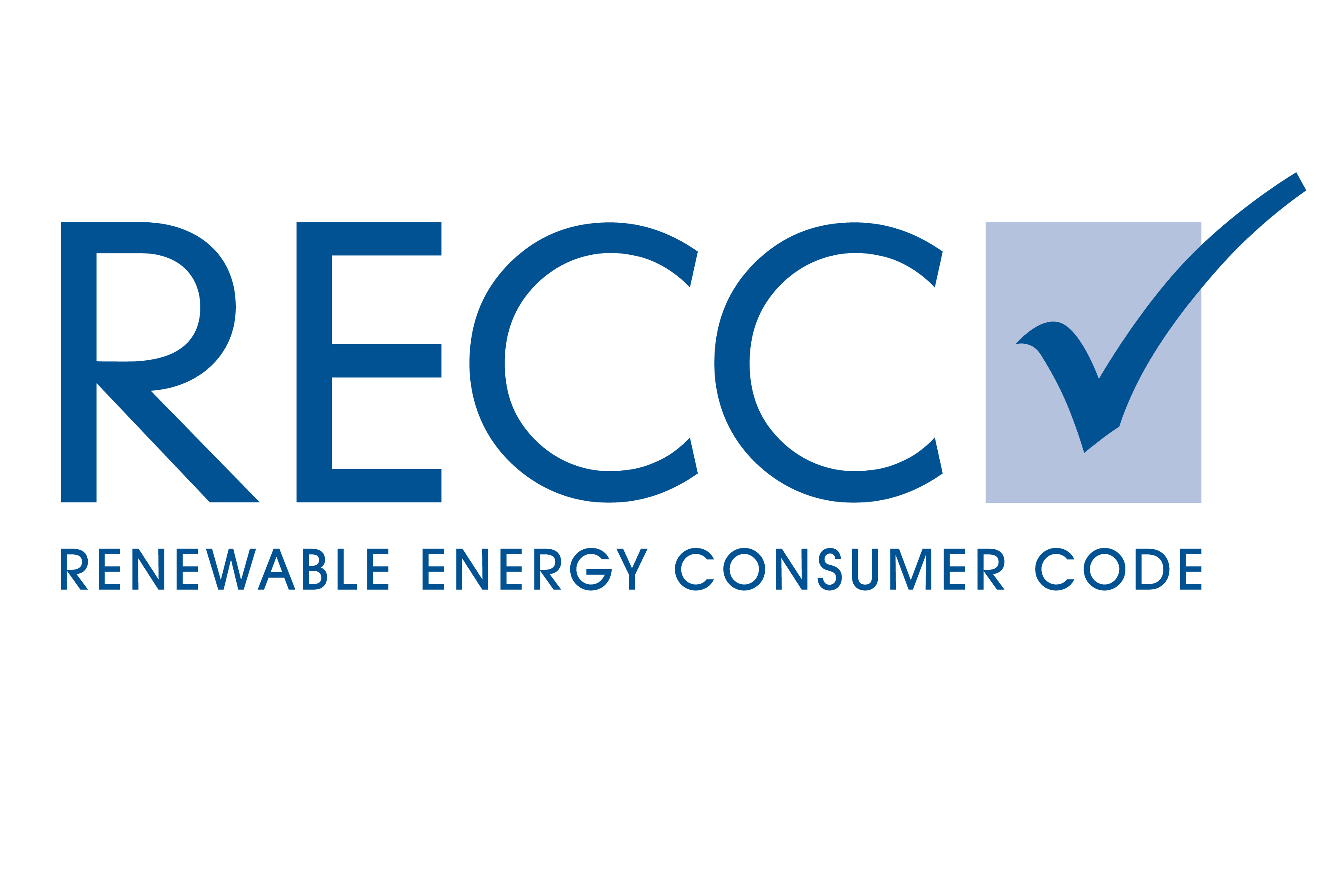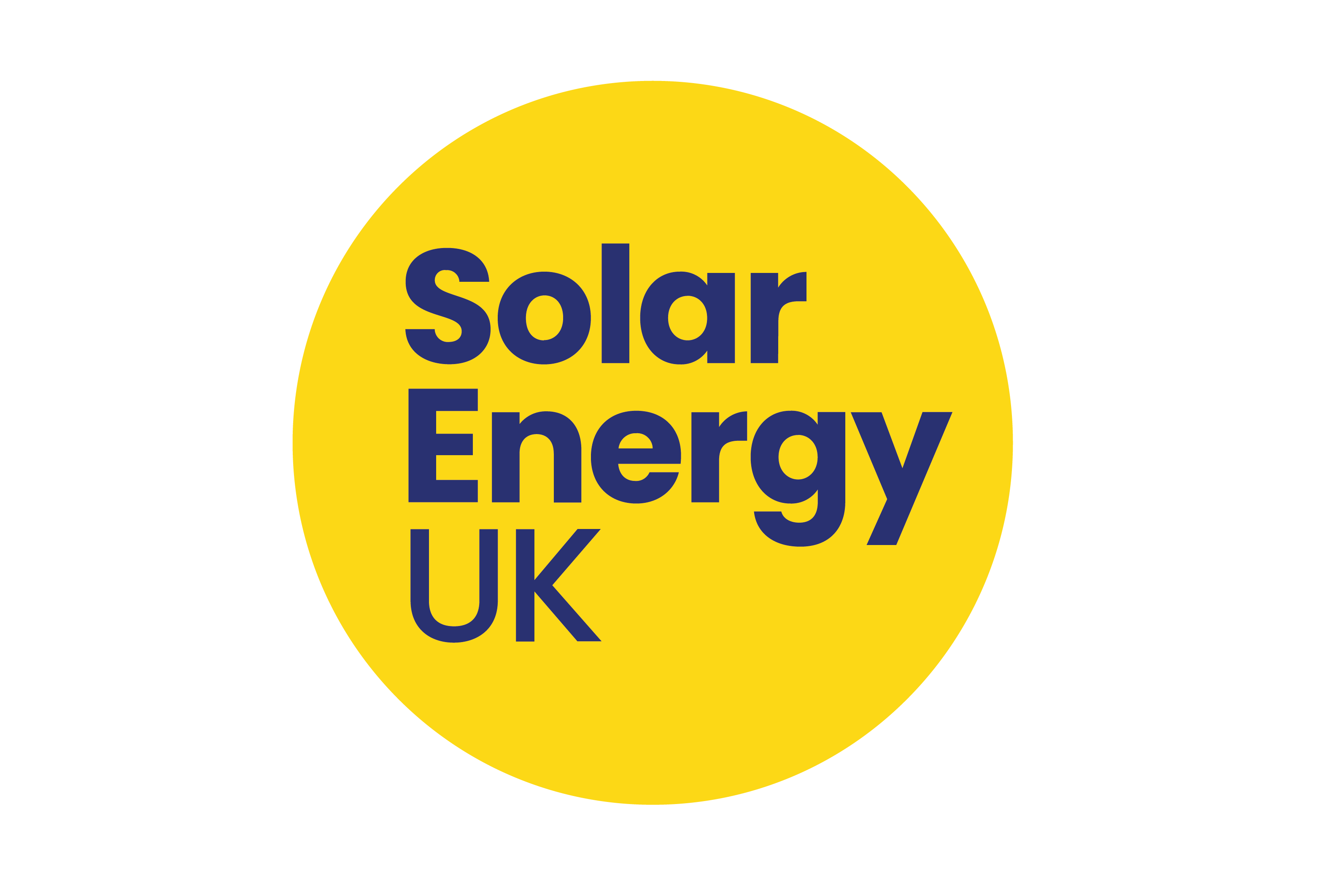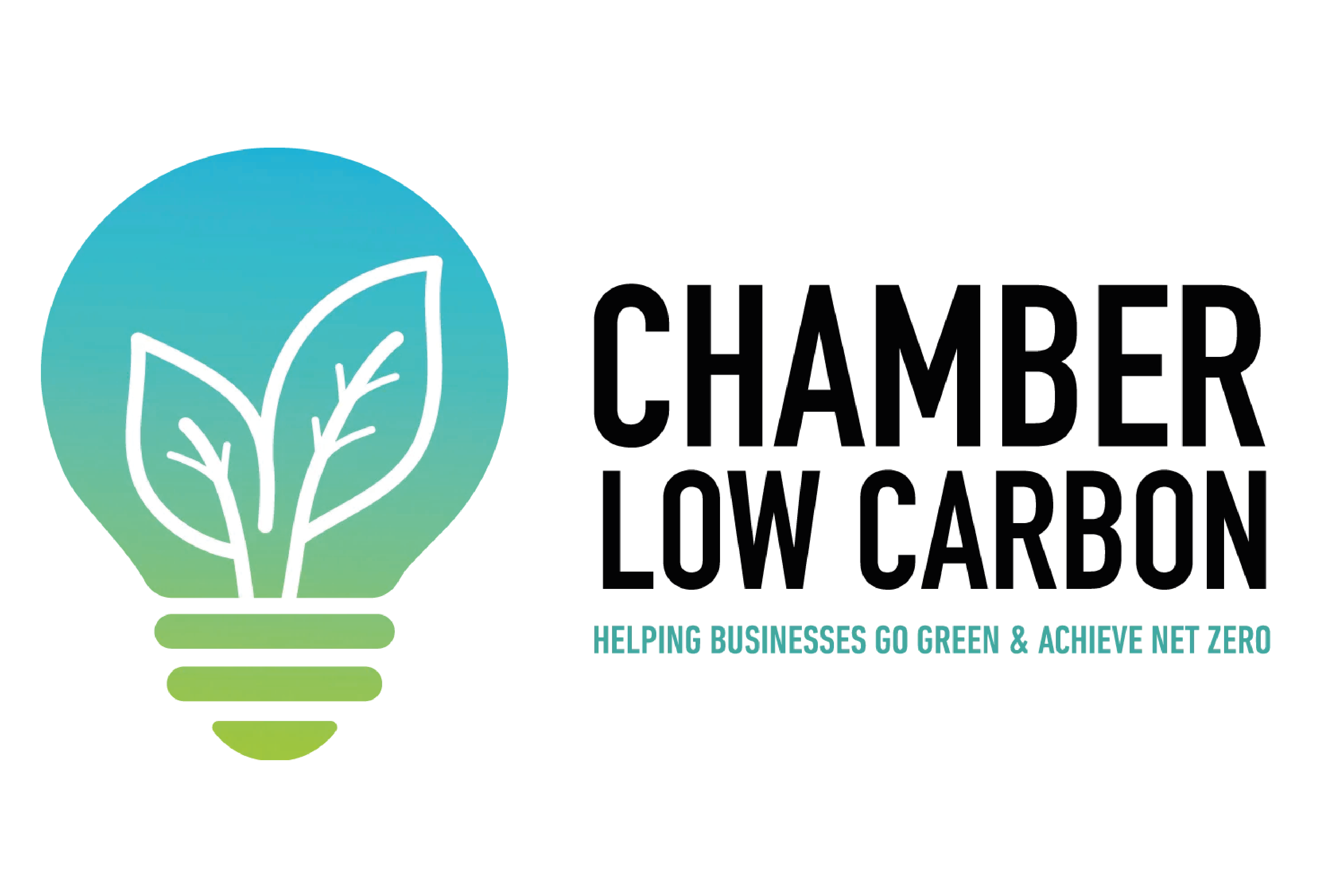
It’s official – solar power reaches an irreversible tipping point
We should start by saying – don’t worry, it’s a positive tipping point! According to a joint study between the University of Exeter and University College London, solar energy has now reached a stage where it will unquestionably become the world’s main source of energy by 2050. In other words, the transition to clean energy is not just attainable, but actively inevitable – which means it’s not too long before we’ll be living in a world where commercial solar panels are the norm for every business, rather than the exception.
This study comes only a few weeks after the Berlin-based Mercator Research Institute on Global Commons and Climate Change (MCC) found that the cost of solar power has dropped by nearly 90% in the last decade alone. That’s been a pivotal factor in effectively making fossil-fuel generated power increasingly economically unviable, clearing the way for solar energy to take the top spot in the global energy mix.
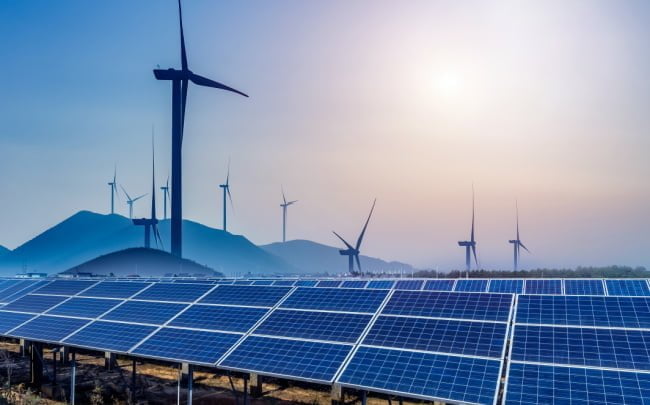
A quick look at the science and economics
Researchers at the Universities of Exeter and London have used three models to track positive feedbacks, leading them to project that solar PV will dominate the global energy mix in less than three decades. (That’s a relatively short timeframe, in global economic terms!)
In the words of the researchers themselves: “due to technological trajectories set in motion by past policy, a global irreversible solar tipping point may have passed where solar energy gradually comes to dominate global electricity markets, without any further climate policies.”
The 90% price drop figure, on the other hand, comes from calculations made by the MCC. Its analysts have noted that the price of electricity from solar panels has plunged by 87% since 2013, making the transition to renewable energy sources considerably more cost-effective than expected.
A small range of other factors has supported this drop. It’s been largely attributed to several key scientific breakthroughs that’s made them much more efficient, as well as falling raw material costs. Batteries are another major factor: the cost of batteries fell by nearly 10% in August. That drop took them past a tipping point that ultimately put electric vehicles on a price parity with those using internal combustion engines (in other words, the majority of cars still on UK roads).
What does that mean for the UK?
By definition, global advances also affect the UK, so it’s broadly good news for us as a nation. One academic at MCC even suggests that the world’s entire energy consumption could plausibly be cost-effectively covered by solar technology and other renewables, although they do admit that this is “an extremely optimistic scenario”. However, as the same researcher put it, “the future is open.”
Now, there’s no doubt that Britain has a little way to go. In June of this year, the news broke that the UK is no longer a world leader in climate action, and the Climate Change Committee pointed out that the government efforts to scale up climate action were “worryingly slow”, especially in light of new fossil fuel projects being green-lit – with a new oilfield in Scotland and a new mine being opened in Cumbria.
It’s understandably not inspiring a lot of confidence in green observers here in the UK, but there’s solace to be found in the fact that the studies’ authors have acknowledged that there are still cultural, political and economic barriers. For example, political resistance from anti-environmentalists and lack of solar financing in developing countries.
However, just to counter that bit of pessimism, it’s worth noting that the UK enjoyed a record-breaking year for renewable energy in 2022. Wind, solar, biomass and hydroelectric energy generated 40% of our electricity last year, a rise of 5% from the year before. What’s more, the number of solar and wind projects completed this year means that we’re on track to break more records in 2023.
So that’s a quick glimpse of where we are on a global and national scale – and if you’re looking to further your sustainable energy plans for your own business, you’re in exactly the right place. Here at Low Carbon Energy, our experts have over 30 years of combined experience, having helped SMEs and large corporations across a wide variety of sectors transform their business’ energy supply.
Each of our installations is bespoke, and we tailor your solution on your specific energy profile, helping us to maximise carbon reductions and save you up to thousands of pounds in energy bills. Feel free to look at our case studies for just a few examples of businesses which have reaped huge rewards from solar, such as Boeing and Irish Water. To find out how we can help you, feel free to give us a call today on 01282 421 489!
 Energy Technology
Energy Technology

Powering your present. Preserving your future.
Call us on 01282 421 489

strategy be a priority?

